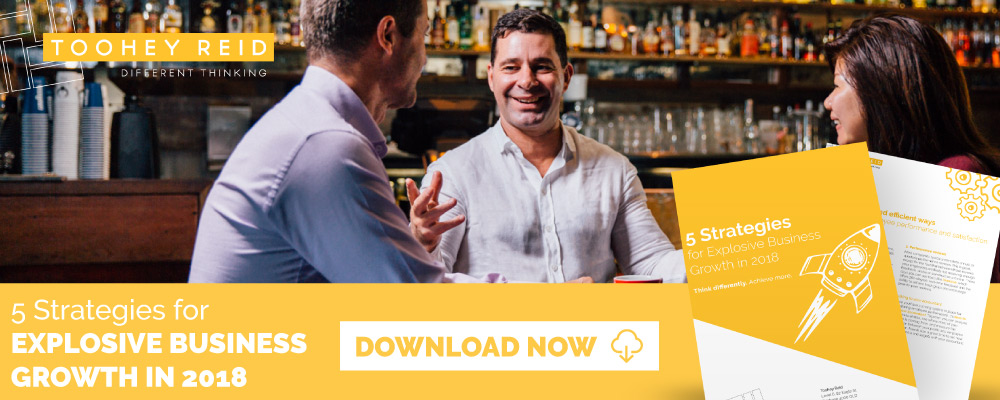So you need to hire an accountant. Hiring an accountant is an important step in your business’s growth and one you don’t want to mess up! We’ve put together a list of common mistakes businesses make when hiring an accountant, to help you avoid a longstanding relationship that doesn’t provide you with the support that your company needs.
1. Looking for qualifications instead of people skills
Qualifications, awards and certificates are important. But what many businesses overlook when hiring an accountant is people skills. Being able to communicate openly and easily with your accountant is absolutely paramount. Accountants often need to work closely with a business’s employees and be able to explain their highly complex work in terms that will be understood by everyone in the company. Being able to articulate clearly, communicate promptly and listen and take in information is up there with a university degree.
2. Failing to find an accountant to suit your business’s specific needs
Despite what many people believe, being an accountant isn’t just about crunching the hard numbers. There are many different facets of accounting that suit different types of businesses. Looking for a technical accountant? Someone to simply look after your large payroll? Perhaps you need an accountant who specialises in entrepreneurial business and understands the challenges of the industry? Make sure you know the services you need so that you can find the best fit.
3. Trading innovation for a ‘just get the job done’ attitude
A good accountant will give you the facts. A great accountant will give you advice on how to move forward to expedite growth or rectify pitfalls. Accountants are often misguidedly represented as being boring and to-the-book, but this isn’t always the case! There are accountants out there who take an innovative approach to their work and are committed to thinking outside the box.
Accountants that not only present you with the figures but also offer advice on how to grow your business are the ones you want. An innovative accountant will recognise challenges in your growth plan and implement methods to mitigate these risks. They won’t stick to the tale-as-old-as-time approach, but tailor processes specific to your business’s needs.
4. Picking an accountant who isn’t interested in your business
This seems like an obvious no-no, right? If you’re interviewing an accountant who isn’t asking questions about your business, engaging in conversation and doing their research, you’re not going to get much out of them. You can’t expect your accountant to be an expert in your industry, but you should expect them to do their homework to understand industry trends, competitors and common challenges faced by businesses in your field.
5. Choosing an accountant that’s just eager to please
You want an accountant who isn’t afraid to tell it like it is, even if it’s something you didn’t particularly want to hear. If your accountant is repeatedly saying “we’ll just do it the way that suits you best,” this is a massive trigger warning. An accountant is there for your business because they’re experts in their field, and should be suggesting several approaches to suit your business rather than only aiming to please. The simplest approach isn’t always the best one. An accountant engaged in your business won’t be afraid to suggest challenging pathways to get the most out of your business’s assets.
Looking for an accountant who will go above and beyond the presenting the figures? Call Toohey Reid today!
General Advice Disclaimer
General advice warning: The advice provided is general advice only as, in preparing it we did not take into account your investment objectives, financial situation or particular needs. Before making an investment decision on the basis of this advice, you should consider how appropriate the advice is to your particular investment needs, and objectives. You should also consider the relevant Product Disclosure Statement before making any decision relating to a financial product.
Did you like this article? Email it to a friend

